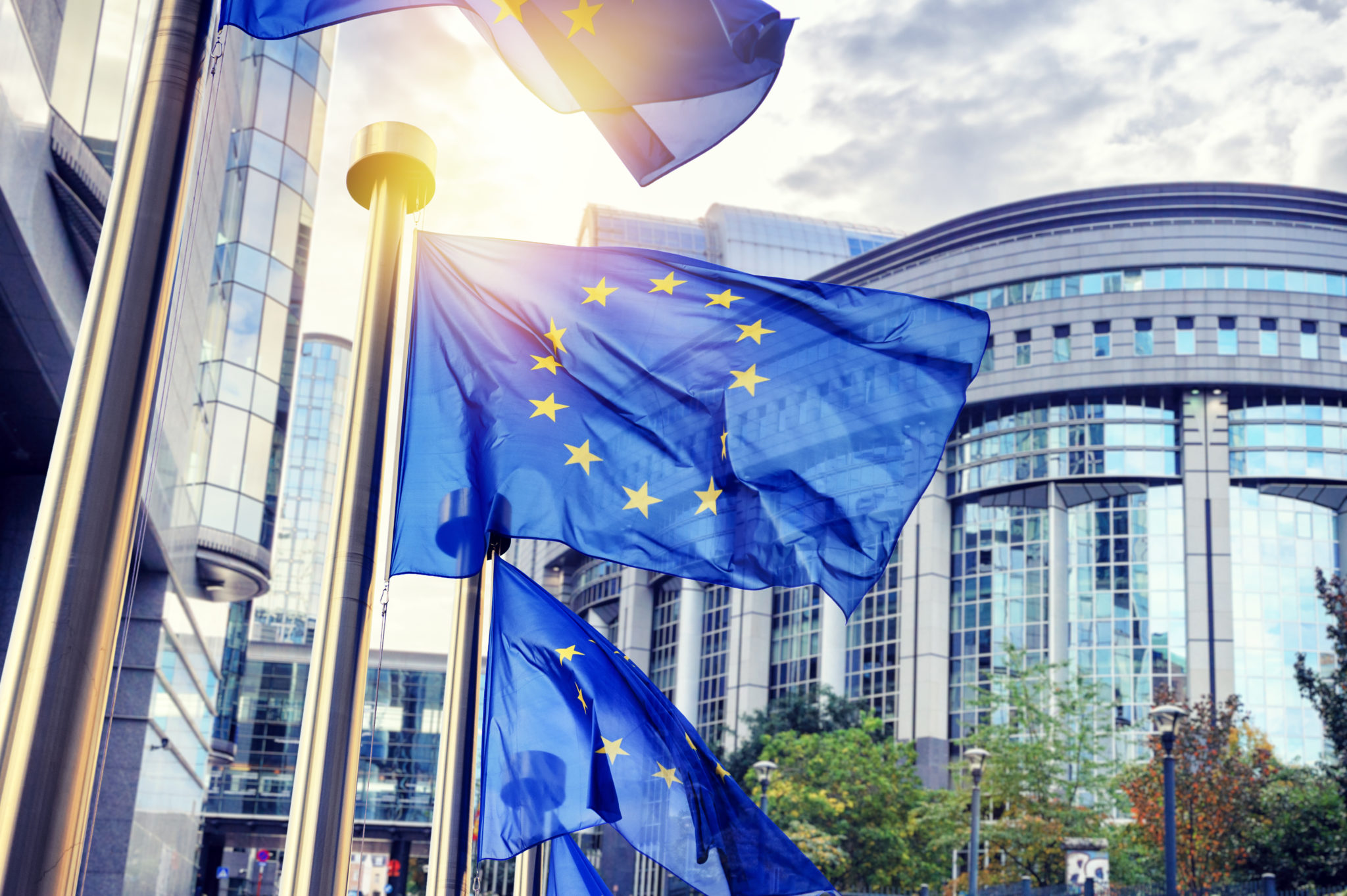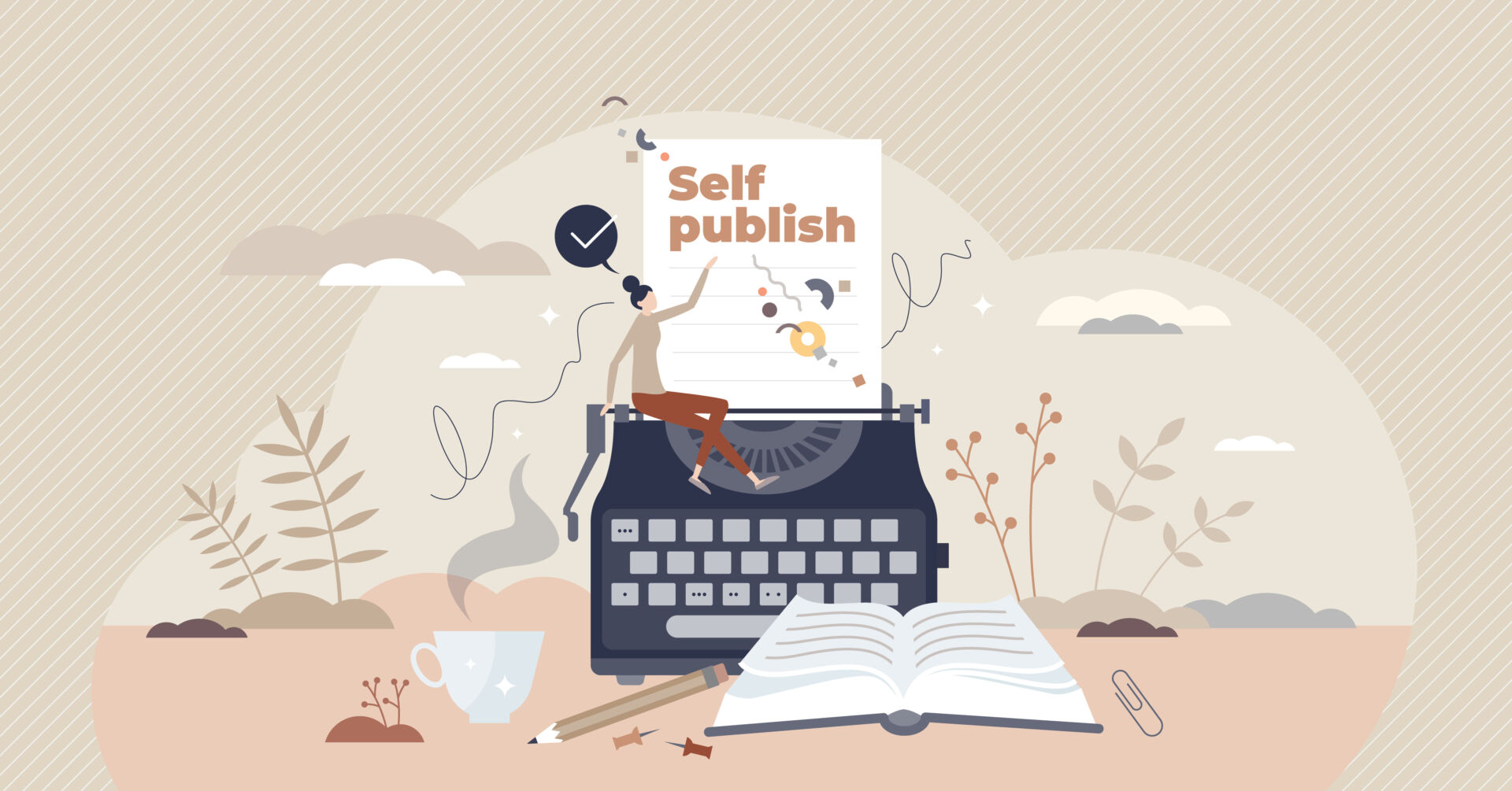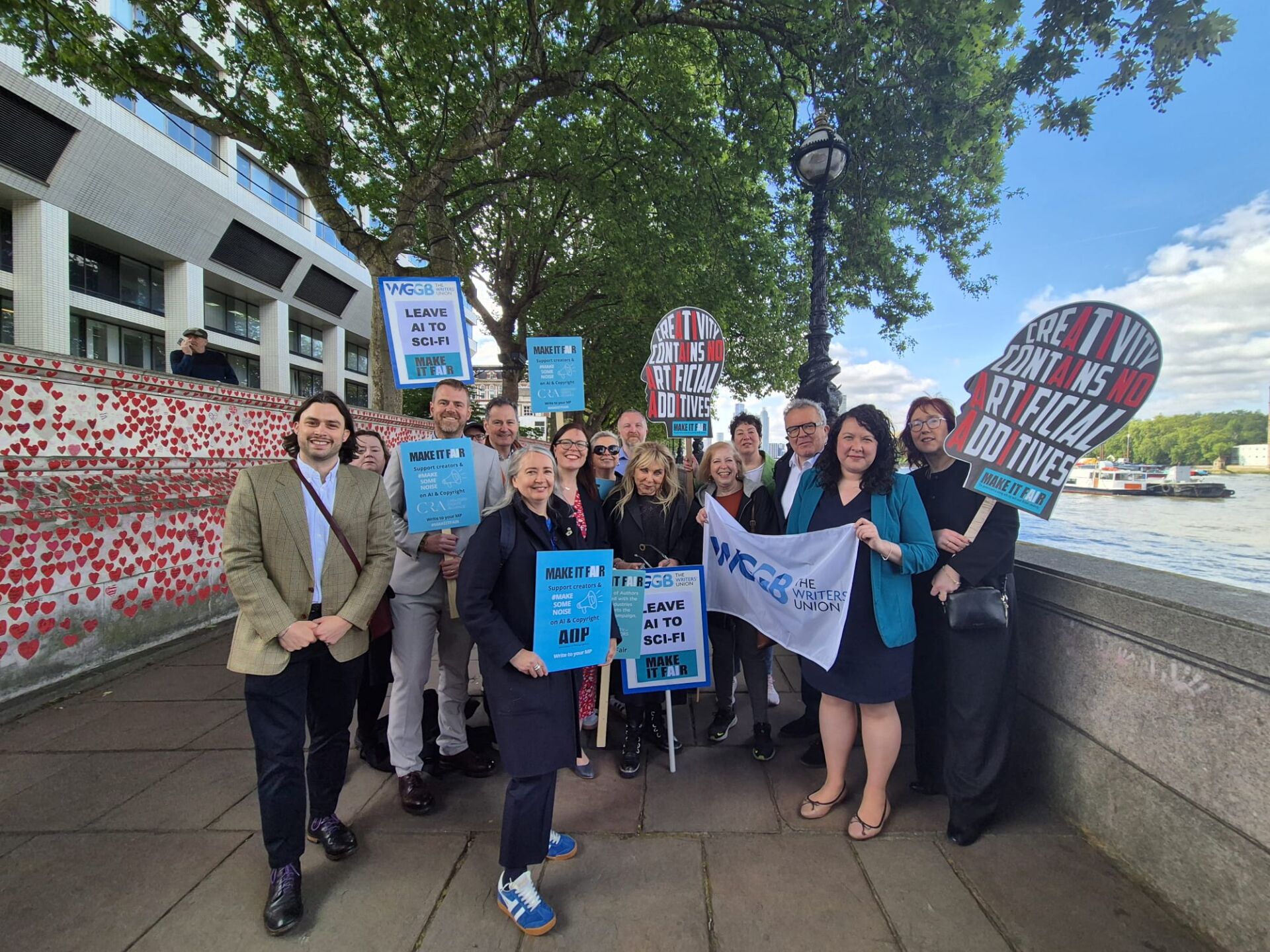The Copyright Directive seeks to modernise copyright for the digital age. As well as forcing platforms such as YouTube and Facebook to take greater responsibility for the creative content they host, it contains the following much-needed provisions which would strengthen the rights of authors:
- A transparency obligation, which would force publishers to be more transparent when reporting information to authors related to accounting and the exploitation of their works.
- A contract adjustment mechanism (or “bestseller clause”) allowing authors to claim additional remuneration when sales are much better than expected.
- A dispute resolution mechanism, enabling disputes over these two issues to be submitted to an alternative resolution procedure.
Various tech giants have spent millions of pounds lobbying against the Directive, and their campaign has been characterised by a loop of misinformation and scaremongering – the briefing, below, from the British Copyright Council explains more. This led MEPs to reject the Directive when they first voted on it in July.
Here’s a 12-point breakdown of what the Directive actually is:
- Creators and performers are also users of copyright works — it’s about a fair deal for all.
- The proposals aim to benefit all creators: professionals will be paid for use of their work, while creators of user-generated content will get all the rights they need through the upload platform.
- Most creators are individuals and small businesses — the proposals ask internet giants to follow the offline norm and pay a fair share for creative content used on their platforms.
- Creators have always been inspired by works that went before — the proposals don’t stop anyone standing on the shoulders of giants; they hold the ladder.
- People will still be able to link to and share other people’s content — hyperlinking is explicitly excluded from the proposals.
- The proposals state clearly that they don’t apply to online encyclopaedias like Wikipedia and other non-commercial services.
- Parody is not threatened (and neither are ‘memes’) — it’s already covered by an exception to copyright and the proposals say rightsholders can’t prevent uploading of works covered by exceptions.
- The proposals aren’t censorship: that’s the very opposite of what most journalists, authors, photographers, film-makers and many other creators devote their lives to.
- Not allowing creators to make a living from their work is the real threat to freedom of expression.
- Not allowing creators to make a living from their work is the real threat to the free flow of information online.
- Not allowing creators to make a living from their work is the real threat to everyone’s digital creativity.
- Stopping the directive would be a victory for multinational internet giants at the expense of all those who make, enjoy and enjoy using creative works.
If the Directive is voted down again on 12 September it is unlikely to pass into EU law before the UK leaves the European Union. We will then have lost a once in a generation opportunity to make our copyright law fairer for authors and other workers in the creative sector.
We are therefore urging you to contact your MEPs to explain to them how important it is that they support the Directive. We have supplied a template letter below, and you can find out here who your MEPs are and how to email them. Or even better, write them a letter! You can find their addresses here.
For more information on the Copyright Directive, please read these briefings from the British Copyright Council:
Template letter
If you can, please customise your letter to include your own experiences. Personal accounts are always most powerful and contrast with automated emails being sent by coordinated campaigns against the Directive.
Dear [insert name of MEP]
I am writing as an [author/poet/scriptwriter/illustrator etc] to urge you to support the Copyright Directive when it returns to the European Parliament on 12 September.
The Directive contains the following much-needed provisions which would strengthen the rights of authors:
- A transparency obligation, which would force publishers to be more transparent when reporting information to authors related to accounting and the exploitation of their works.
- A contract adjustment mechanism (or “bestseller clause”) allowing authors to claim additional remuneration when sales are much better than expected.
- A dispute resolution mechanism, enabling disputes over these two issues to be submitted to an alternative resolution procedure.
If the Directive is voted down on 12 September it is unlikely to pass into EU law before the UK leaves the European Union. We will then have lost a once in a generation opportunity to modernise our copyright law for the digital age, and make it fairer for authors and other workers in the creative sector.
There has been an intense and well-funded campaign against the Directive by large tech companies, whose economic interests are now dwarfing the interests of the creative rights owners the Directive’s proposals were intended to protect. A careful reading of the text shows the purported fears of some internet users and multinational corporations are simply misconceived, and that the interests of individuals are expressly balanced against those who own the rights to creative works.
It is untrue, for example, to suggest the draft Directive will lead to censorship; it introduces no new restrictions or responsibilities on internet users, seeking only to make commercial content-sharing companies accountable for the use of copyright works on their platforms. Where those companies buy licences to use copyright works, individuals can upload content just as before. Likewise, users will remain free to share links to articles (hyperlinking being explicitly excluded from the draft) and to engage in parody (which is already covered by a copyright exception).
Support for the creative sector matters for people [like me] whose livelihoods depend upon it, but also for the wider UK economy, to which the creative industries now contribute around £92bn a year. As we head towards Brexit, we cannot afford to risk a sector so central to prosperity at home and to our influence abroad.
I hope you will not let pass this vital opportunity to promote expression, innovation, fairness and success in the digital age, and that following further debate you will support the Copyright Directive on 12 September.
Yours sincerely,
[Your name]






